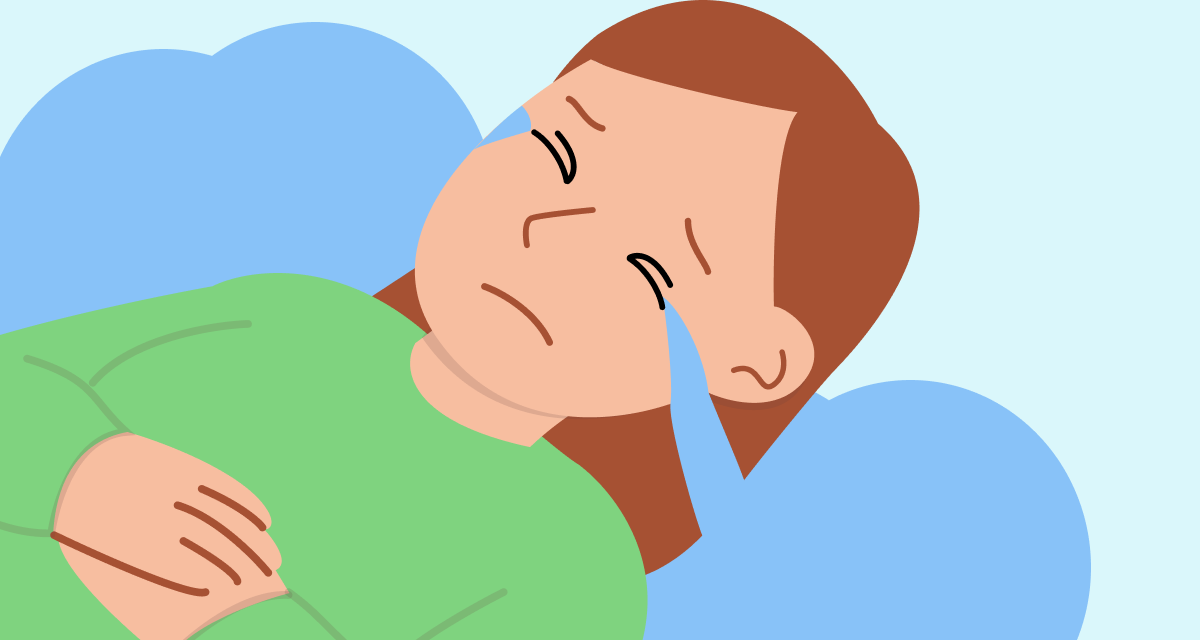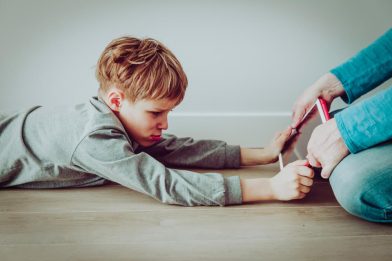Parental Burnout: Signs and Solutions

Parenting brings both joy and responsibility. But constant stress and daily demands can lead to a state where you feel completely drained — that’s what parental burnout is. Let’s look at what it means and how you can recover.
What Is Parental Burnout
Experts define parental burnout as a chronic state of physical, emotional, and mental exhaustion caused by prolonged stress related to raising and caring for a child.
Research shows that burnout develops gradually. At first, many parents think it’s just temporary tiredness, but without proper self-care, the condition can worsen over time.
Causes of Parental Burnout
Burnout rarely comes from one single cause. It’s usually the result of several factors combined. Some of the most common include:
- Constant emotional and physical strain — daily responsibilities without real recovery time.
- Lack of support — no one to step in or share the load, even for a short while.
- Unrealistic expectations — trying to be the “perfect parent” and do everything flawlessly.
- No personal time — complete absence of rest or space for yourself.
- Social pressure — idealized images of family life in media and social networks that make parents feel like they’re falling short.
Each of these can cause fatigue on its own, but together, they create the perfect storm for burnout.
How to Recognize It
It’s important to know how to distinguish burnout from ordinary tiredness. If you’ve been noticing several of these signs for a while, it’s time to pay attention to your well-being:
- Constant fatigue that doesn’t go away after rest
- Irritability and impatience toward your child
- Feeling that daily tasks have become overwhelming
- Loss of joy or emotional connection with your child
- A sense that you’re no longer managing your parenting role
- Doing parenting tasks mechanically, without emotion
The sooner you recognize what’s happening, the sooner you can start recovering and prevent things from getting worse.
What Burnout Leads To
Ignoring early signs of burnout can affect every part of life — both yours and your child’s.
For the Parent
You may experience insomnia, chronic fatigue, headaches, and weakened immunity. Psychologically, burnout can cause irritability, anxiety, or even depression. Motivation fades, and life starts to feel dull.
For the Child
Children are highly sensitive to their parents’ emotions. When a parent is emotionally drained, the child may feel rejected or guilty.
This can show up as changes in behavior, school performance, or confidence. Some children withdraw, while others become overly anxious or emotional.
Studies show that in severe cases, burnout makes it harder for parents to stay emotionally connected to their children — weakening closeness, trust, and mutual understanding.
⠀
A large review of data from different countries also found that burnout can increase the risk of emotional or physical aggression — a clear signal that both parents and professionals must take the issue seriously.
How to Recover
With the right approach and support, it’s absolutely possible to regain energy and joy. Recovery usually involves several steps:
- Acknowledge the problem: Understand that it’s not your fault, and you’re not alone in this experience.
- Seek support: Ask for help from loved ones, friends, or a therapist.
- Make time for rest: Schedule short breaks, even if it feels like there’s no time.
- Adjust expectations: Let go of perfectionism — being a “good enough” parent is more than enough.
- Use restorative practices: Try breathing exercises, walks, or mindfulness techniques.
- Do something you love every day, even for 10–15 minutes.
- Build a support system: Connect with other parents, share experiences, and find understanding.
Take small, manageable steps, but do them consistently. Even minor changes can gradually restore your inner balance.
⠀
Parental burnout is your mind and body’s way of saying: it’s time to pause and take care of yourself. Caring for yourself isn’t selfish — it’s an essential part of caring for your child’s well-being, too.
References
- Burnout and Mental Health in Working Parents: Risk Factors for Parental Burnout, Journal of Pediatric Health Care, 2025
- Parental burnout stages and their link to parental violence, Journal of Applied Developmental Psychology, 2024
- Parental Burnout and Child Behavior: A Preliminary Analysis of Mediating and Moderating Effects of Positive Parenting, Children, 2024
- Treating Parental Burnout: Impact and Particularities of a Mindfulness-and Self-Compassion-Based Program, Children, 2024
- A systematic review of parental burnout and related factors, BMC Public Health, 2024
Проверьте электронный ящик



















